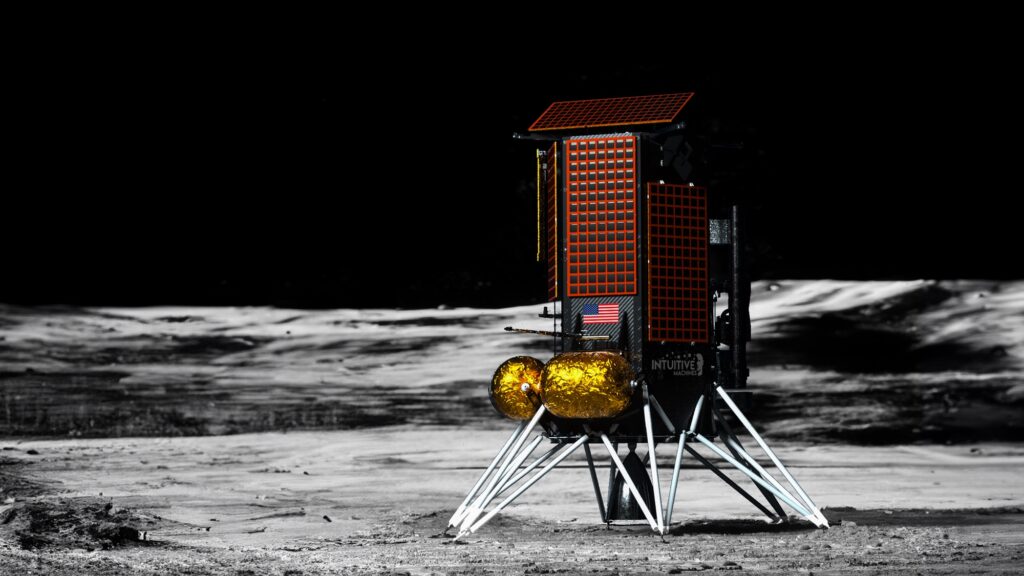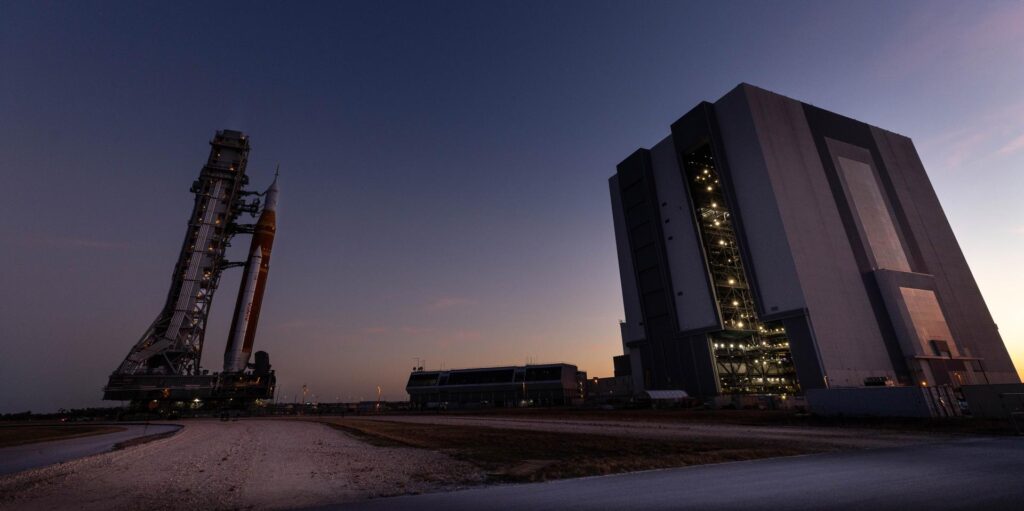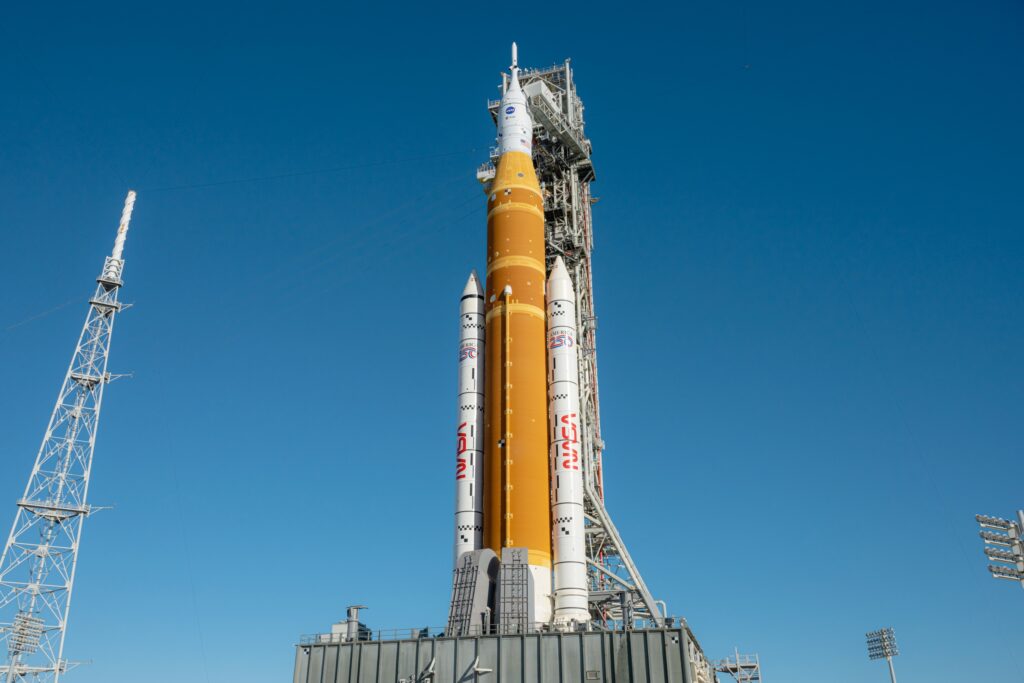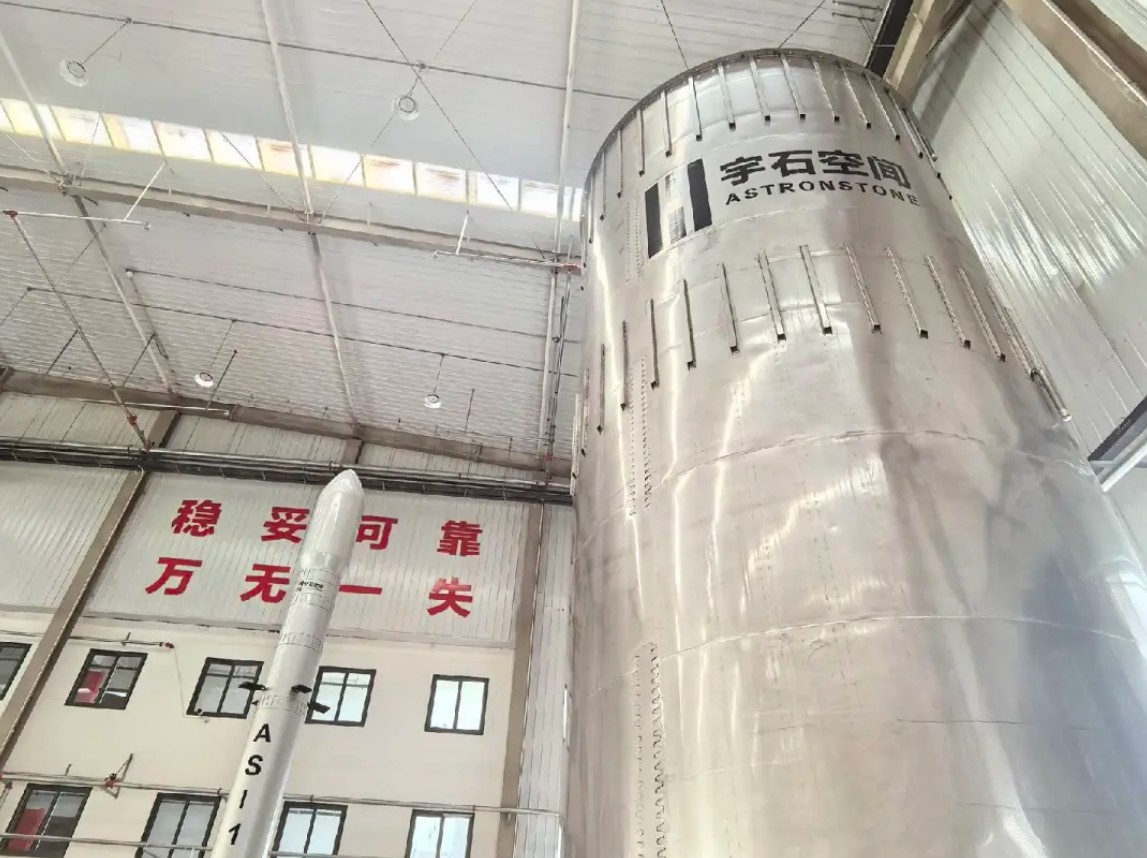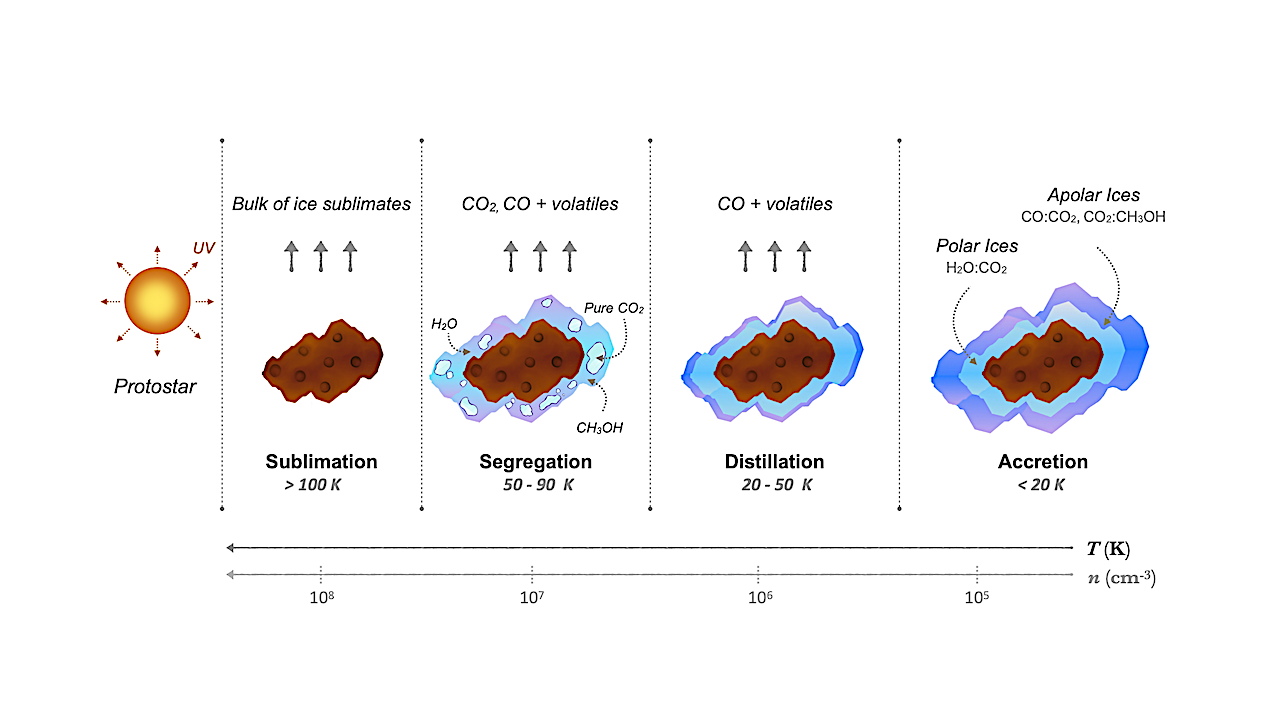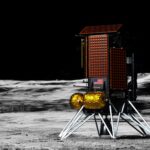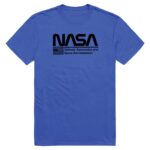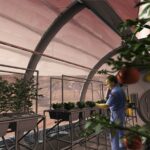Now Reading: University of Colorado, Boulder to announce new space policy center
-
01
University of Colorado, Boulder to announce new space policy center
University of Colorado, Boulder to announce new space policy center
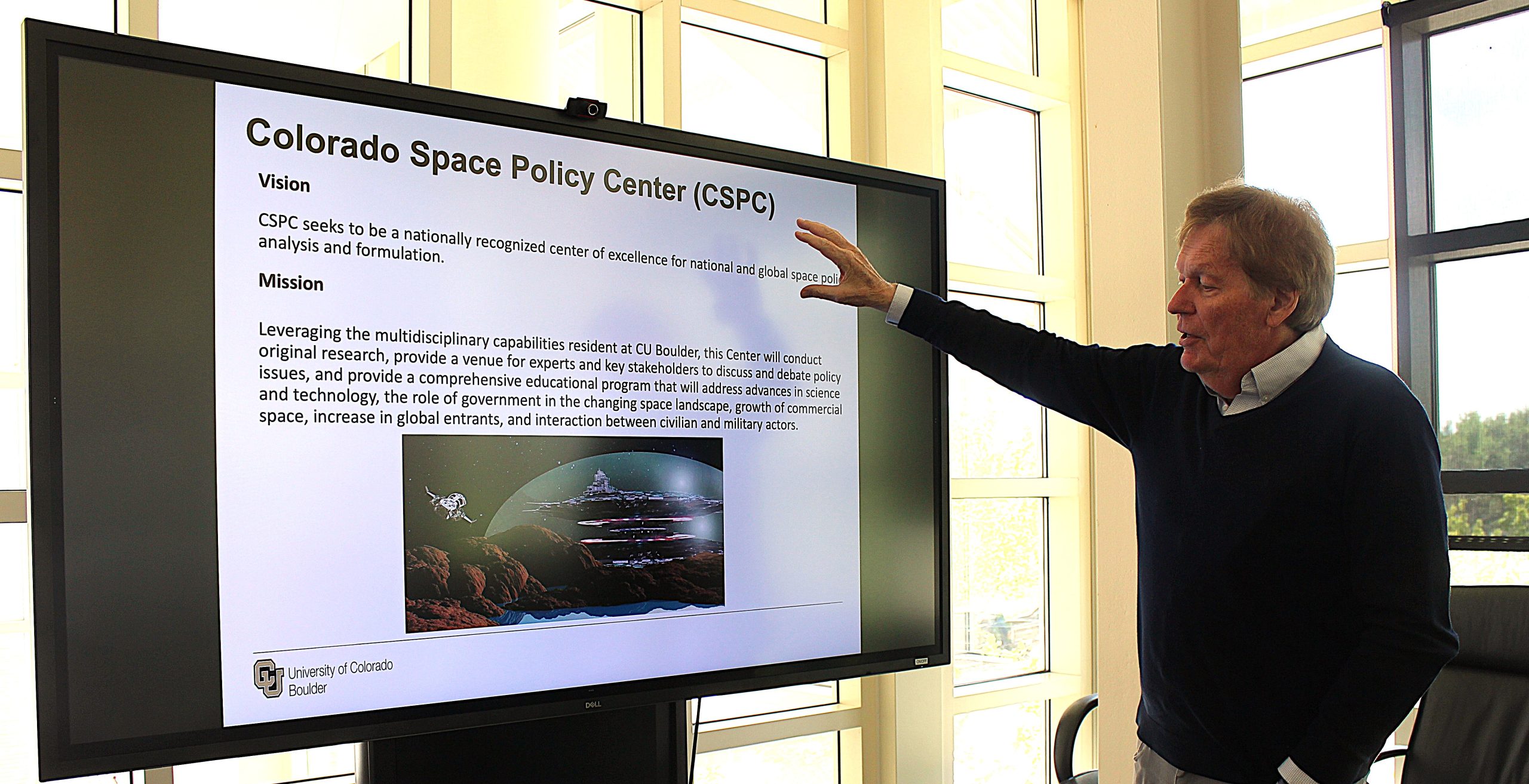

BOULDER, Colorado – The myriad policy issues that underscore the changing space landscape are to be embraced by a new research and study center in Colorado, established to focus on the role of the U.S. government, expanding growth of commercial space and the changing face of interactions between civilian and military factions.
The University of Colorado, Boulder, is preparing to announce the establishment of the Colorado Space Policy Center (CSPC). The university is contributing hundreds of thousands of dollars per year to get the center, which will report to senior university administration, underway.
The center will draw from university expertise in space research, including business and other fields, while tapping a wellspring of major aerospace organizations in the area, including the boom in local-area entrepreneurial space startups and military space specialists.
Daniel Baker, a distinguished professor of planetary and space physics at the university, is taking on the mantle of CSPC director.
Early agenda
On an early agenda for CSPC study includes what Baker said is the unregulated use of low Earth orbit (LEO). The policy center will also tackle science in the n space era, planetary protection, China policy and international partnerships, space commercialization, human versus robotic space exploration as well as relationships between national security and civilian space programs.
“People need advice now, and all of these areas, I think, deserve a lot more attention,” Baker told SpaceNews. “The pace of advice needs to catch up with the pace of development. It’s now completely out of whack to take months and years to formulate policy advice.”
Baker said the focus of CSPC is to provide a distilled set of viewpoints for policymakers, for lawmakers and for space-related organizations.
Integrated program
The university wants to distinguish itself from other programs, Baker said, by uniting academic and research units — including highly-ranked aerospace engineering, astrophysics, geosciences and physics departments — into an integrated program.
By fusing the university’s engineering, science, business and law platforms, the aim is to ensure that students graduate with “a bigger picture” of the space field than peer programs can provide, said Baker. The center will involve both undergraduate and graduate students while offering opportunities for younger professionals who wish to learn more about policy matters.
He added that CSPC seeks to be a nationally recognized center of excellence for national and global space policy analysis and formulation.
Critical problems
Baker has outlined several critical problems that have emerged from the largely unregulated use of LEO, arguing that the rapid growth of LEO operations illustrates the need for a comprehensive regulatory framework.
“It’s a Wild West world out there in LEO. There’s no real framework or governance, nor rules,” Baker said. “It’s everybody for themselves.”
Current regulations do not adequately address the complexities of commercial and national interests, leading to potential conflicts and gaps in oversight, he added.
Furthermore, the long-term sustainability of satellite constellations is in question. This includes the environmental impact of launches, end-of-life satellite disposal strategies and the need for guidelines to reduce space debris, Baker said.
Tragedy of the commons
The proliferation of satellites increasingly obscures our night sky, Baker added, complicating optical astronomy through sun glint. The extent of this problem varies based on telescope capabilities and research objectives, he said, with some image recovery efforts proving costly or unfeasible.
Similarly, ground-based radio astronomy faces interference from satellite transmissions and potential unintended radio leakages, significantly impacted by the size of LEO constellations.
Baker said that the increased frequency of satellite launches raises the likelihood of collisions, contributing to orbital debris accumulation.
“It’s what I think is a tragedy of the commons,” Baker said, spotlighting concerns about the Kessler Syndrome, which could severely impede robotic and human access to space. Overall, the global nature of LEO operations necessitates international collaboration, he said.
The CSPC, Baker said, can help promote discussions on how nations can collaborate to create unified policies and share data about space traffic management that could be beneficial.
New avenues for progress
For now, Baker said, work continues on setting up the CSPC, with expectations of being in full “working mode” by early next year. Once it’s ready, the CSPC is to be a destination for Colorado and the nation’s aerospace students and professionals, with an emphasis on analytical and critical thinking skills, along with identifying new avenues for progress.
The center anticipates drawing from the “aerospace ecosystem” in Colorado. “There’s not a place like it in the world,” said Baker, “and if not us, who? If not here, where? And if not now, when? That’s the driver.”
Stay Informed With the Latest & Most Important News
Previous Post
Next Post
-
 01Two Black Holes Observed Circling Each Other for the First Time
01Two Black Holes Observed Circling Each Other for the First Time -
 02From Polymerization-Enabled Folding and Assembly to Chemical Evolution: Key Processes for Emergence of Functional Polymers in the Origin of Life
02From Polymerization-Enabled Folding and Assembly to Chemical Evolution: Key Processes for Emergence of Functional Polymers in the Origin of Life -
 03Astronomy 101: From the Sun and Moon to Wormholes and Warp Drive, Key Theories, Discoveries, and Facts about the Universe (The Adams 101 Series)
03Astronomy 101: From the Sun and Moon to Wormholes and Warp Drive, Key Theories, Discoveries, and Facts about the Universe (The Adams 101 Series) -
 04True Anomaly hires former York Space executive as chief operating officer
04True Anomaly hires former York Space executive as chief operating officer -
 05Φsat-2 begins science phase for AI Earth images
05Φsat-2 begins science phase for AI Earth images -
 06Hurricane forecasters are losing 3 key satellites ahead of peak storm season − a meteorologist explains why it matters
06Hurricane forecasters are losing 3 key satellites ahead of peak storm season − a meteorologist explains why it matters -
 07Binary star systems are complex astronomical objects − a new AI approach could pin down their properties quickly
07Binary star systems are complex astronomical objects − a new AI approach could pin down their properties quickly












